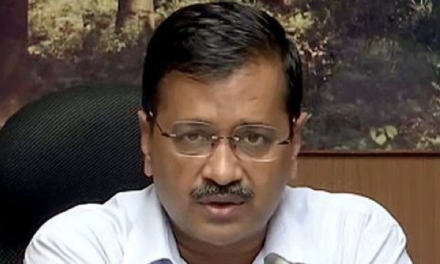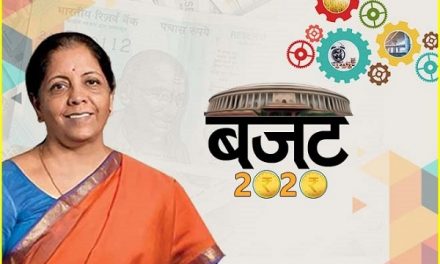The steps towards the unique identification (UID) number is used by all government and private agencies are by inserting it into the birth certificate of the infant. Since the birth certificate is the original identity document, it is likely that this number will then persist as the key identifier through the individual’s various life events, such as joining school, immunizations, voting, etc.” Now the concern raised over the Citizenship Amendment Act (CAA) persisted to hold over the ongoing data collection for the National Population Register (NPR) and now the information sought under NPR is much wider in scope and might be used to target a section of the society.
Some experts are opinionated to fear that NPR is not just a census exercise, but a larger data convergence project that can result in the government putting its citizens under surveillance, that is unwarranted and dangerous to the secular and constitutional credentials of the country. NPR’s linkage with Aadhaar number plays a central role here.
Central Identities Data Respiratory (CIDR) of UID/Aadhaar numbers can be aimed to create an architecture for indiscriminate mass surveillance of the present and future voters who are being structurally coerced to give their consent to the immoral and illegitimate exercise of their profiling for countless times.
There is a compelling logic for setting up a High Powered Commission of Inquiry to probe the ongoing bartering of citizen’s databases and transfer of national data assets to foreign entities. Also, States should un-sign the MoUs they have signed with UIDAI and discontinue both UID/Aadhaar and NPR exercise to resist the emergence of an unlimited government, unlimited by the Constitution of India and Constitutionalism.
At the core of the Central government’s aggressive digitalization push since 2014 has been an obsession with identity of Indian residents and an excessive zeal in linking almost all personal data to centralized databases administered by the Centre. While this forced almost everyone to be included in numerous databases, it gave very little in return by way of greater accountability or transparency of the State.
Not only did the norms of digitalization allow the State virtually unrestricted access to personal data, including all transactions of the individuals, but the State also became more and more opaque to the citizens or, in the context of the NRIC, presumed citizens. While central agencies gained instant access to information on everyone, even requests under the Right to Information (RTI) Act increasingly failed to fetch meaningful information.
The Supreme Court’s 5-Judge Constitution Bench on September 26, 2018, has pointed out that the Unique Identification (UID)/Aadhaar Number project and National Population Register (NPR) project are part of the one database convergence scheme. NPR has been mentioned at least on eight occasions in the order to underline the same.
. According to an RTI reply, UIDAI shared a truncated contract agreement with Young and Ernst. The contract agreement states that “the Unique ID will be a random 12-digit number with the basis for establishing the uniqueness of identity being biometrics”. It announces that “we will provide a Unique Identity to over 113.9 crore people. The contradiction is UIDAI with which the agreement has been signed had the mandate to provide Unique Identity to only 60 crore residents of India, and not to 113.9 crore people.












